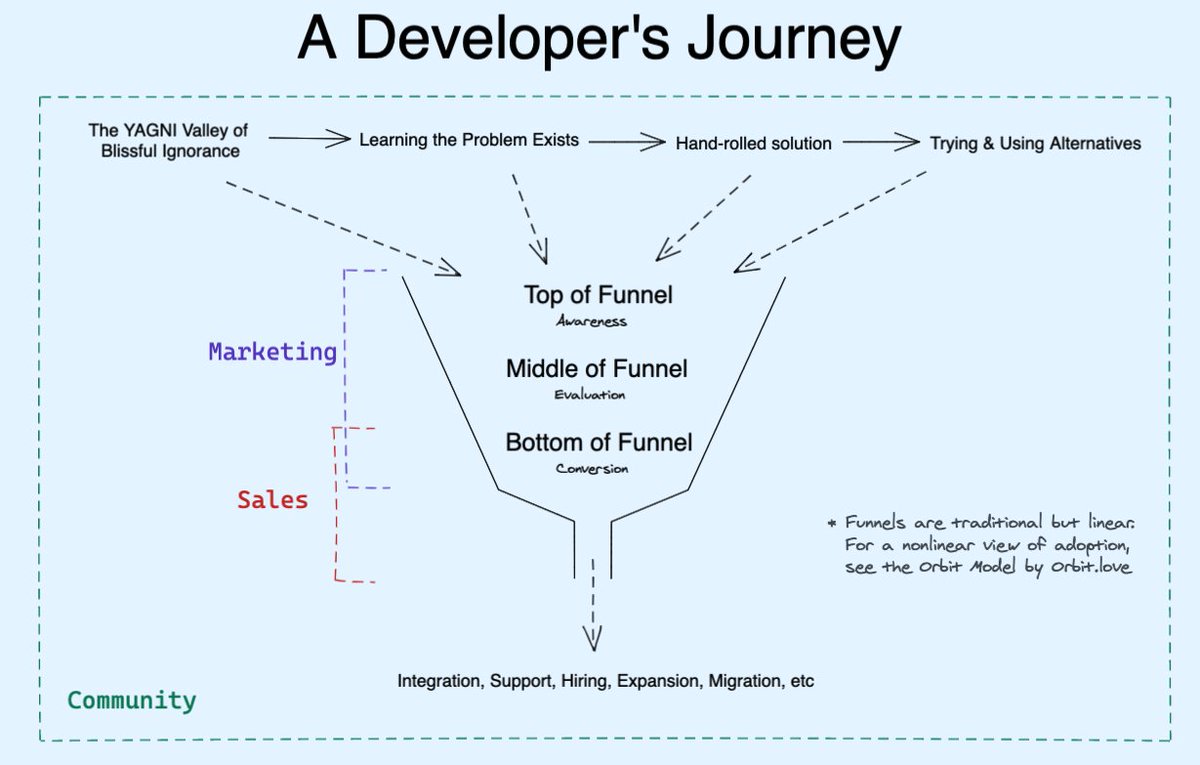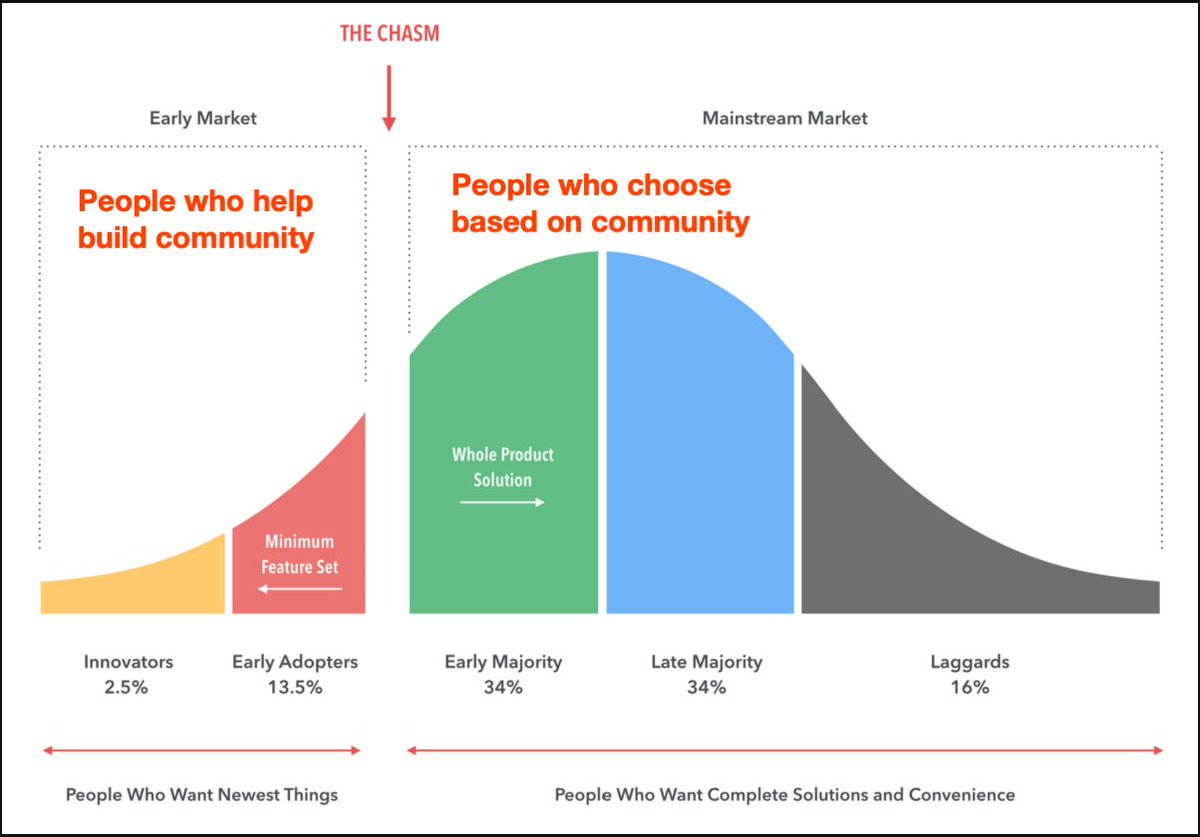
A common question I get:
Is #LearnInPublic suitable for everyone?
What if I look dumb?
My answers below, but I'd love to hear yours too!
(DM shared w/ permission)
Is #LearnInPublic suitable for everyone?
What if I look dumb?
My answers below, but I'd love to hear yours too!
(DM shared w/ permission)

1/ Learning in Public is *not* “broadcasting everything”. Nobody wants that.
It is about realizing you have a choice to go from 0% to not-0% public. The stuff you do share, you will learn faster, while building a network. It’s up to you to set the boundaries of what you share.
It is about realizing you have a choice to go from 0% to not-0% public. The stuff you do share, you will learn faster, while building a network. It’s up to you to set the boundaries of what you share.
2/ Understanding how to turn your ignorance into power is a key career skill. If you want to grow at all you must make ignorance an old friend, and make friends out of ignorance.
Lean into the discomfort. Become a professional (but responsible) ignoramus
Lean into the discomfort. Become a professional (but responsible) ignoramus
https://twitter.com/swyx/status/1238321393374298112
3/ No matter what you do, you still need to learn to Learn in Private anyway. I have a whole chapter in @Coding_Career! 👇
I don’t have a problem w/ Learning in Private. I have a problem with people using pre-emptive fear as an excuse to not even *TRY* sharing anything in public
I don’t have a problem w/ Learning in Private. I have a problem with people using pre-emptive fear as an excuse to not even *TRY* sharing anything in public

• • •
Missing some Tweet in this thread? You can try to
force a refresh






